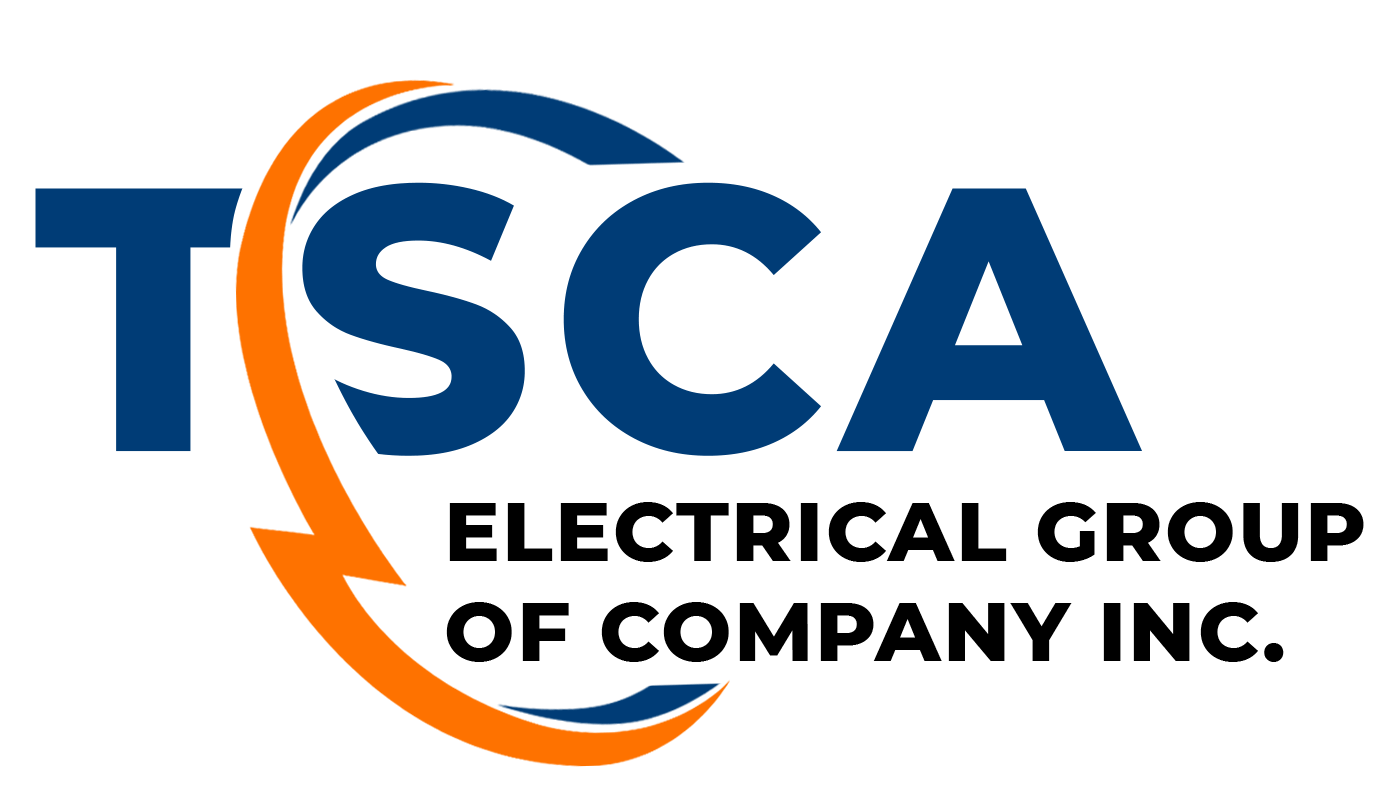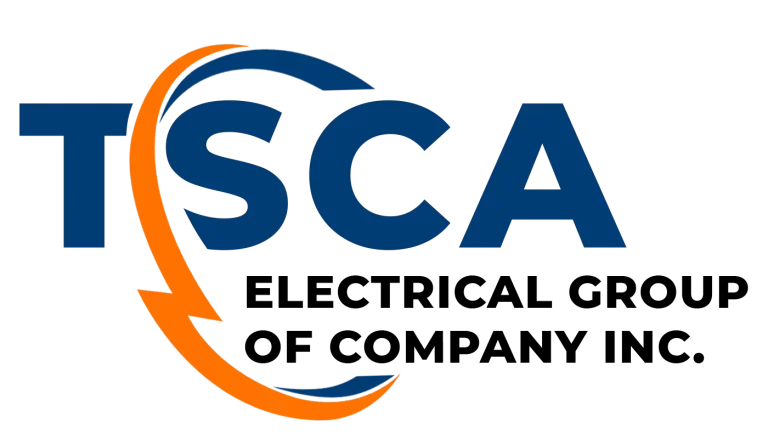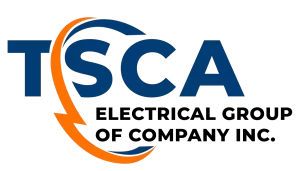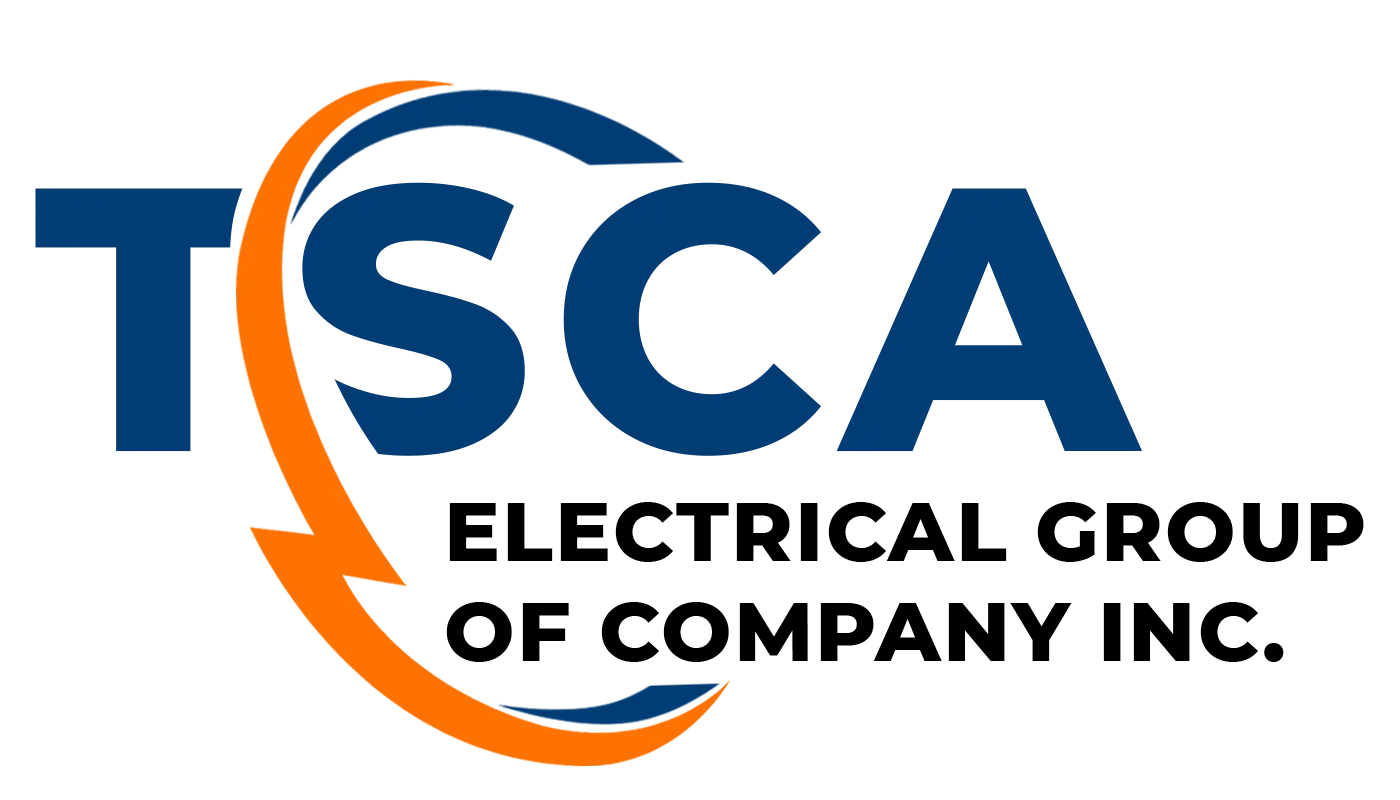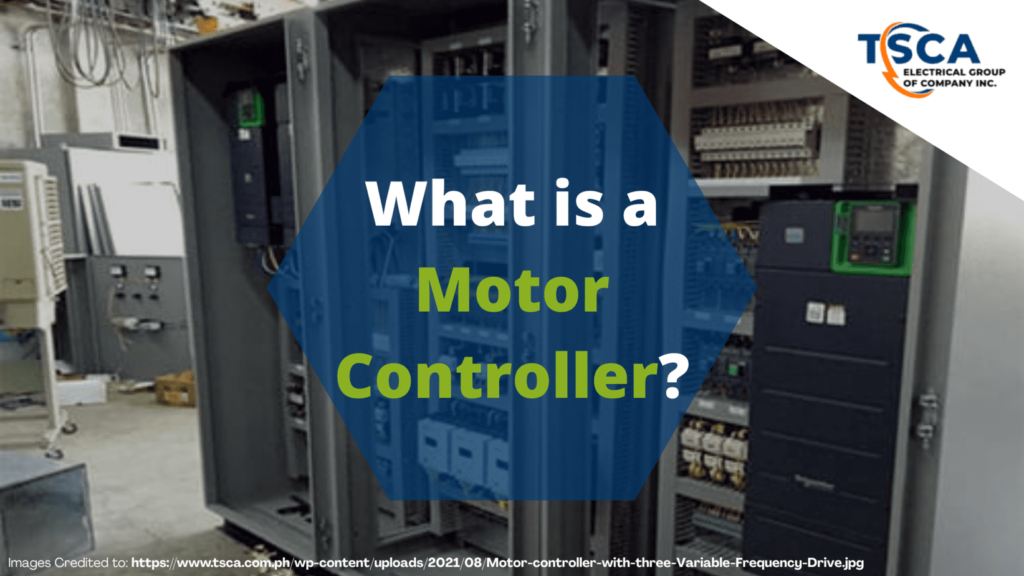Motor controller, it is a device or group of devices that can coordinate in a predetermined manner the performance of an electric motor. A motor controller might include a manual or automatic means for starting and stopping the motor, selecting forward or reverse rotation, selecting and regulating the speed, regulating or limiting the torque, and protecting against overloads and electrical faults. Furthermore, motor controllers may use electromechanical switching, or may use power electronics devices to regulate the speed and direction of a motor.
Types of Motor Controller
Motor controllers can be manually, remotely or automatically operated. They may include only the means for starting and stopping the motor or they may include other functions. An electric motor controller can be classified by the type of motor it is to drive, such as permanent magnet, servo, series, separately excited, and alternating current. A motor controller is connected to a power source, such as a battery pack or power supply, and control circuitry in the form of analog or digital input signals.
- Motor Starters
- Reduced Voltage Starters
- Adjustable-Speed Drive
- Intelligent Controllers
Motor Starters
A motor starter is an electrical device that is used to start & stop a motor safely. Similar to a relay, the motor starter switches the power ON/OFF & unlike a relay, it also provides a low voltage & overcurrent protection. The main function of a motor starter is; To safely start a motor.
Reduced Voltage Starters
Reduced Voltage Starter is a device that starts motors with reduced power supplied at start-up. Reducing the power reduces potentially damaging electrical and mechanical shocks on the system. Furthermore, as the name implies, starters “start” motors. They can also stop, reverse, accelerate and protect them.
Adjustable-Speed Drive
An adjustable-speed drive (ASD) or variable-speed drive (VSD) is an interconnected combination of equipment that provides a means of driving and adjusting the operating speed of a mechanical load. Moreover, an electrical adjustable-speed drive consists of an electric motor and a speed controller or power converter plus auxiliary devices and equipment. In common usage, the term “drive” is often applied to just the controller. Most modern ASDs and VSDs can also implement soft motor starting.
Intelligent Controllers
An Intelligent Motor Controller (IMC) uses a microprocessor to control power electronic devices used for motor control. IMCs monitor the load on a motor and accordingly match motor torque to motor load. This is accomplished by reducing the voltage to the AC terminals and at the same time lowering current and kvar. Moreover, this can provide a measure of energy efficiency improvement for motors that run under light load for a large part of the time, resulting in less heat, noise, and vibrations generated by the motor.
Servo Controllers
Servo controllers are a wide category of motor control. Common features are:
- Precise closed loop position control
- Fast acceleration rates
- Precise speed control Servo motors may be made from several motor types, the most common being:
- Brush DC motor
- Brushless DC motors
- AC servo motors
Servo controllers use position feedback to close the control loop. This is commonly implemented with position encoders, resolvers, and Hall effect sensors to directly measure the rotor‘s position. Other position feedback methods measure the back EMF in the undriven coils to infer the rotor position, or detect the Kick-Back voltage transient (spike) that is generated whenever the power to a coil is instantaneously switched off. These are therefore often called “sensorless” control methods.
A servo may be controlled using pulse-width modulation (PWM). How long the pulse remains high (typically between 1 and 2 milliseconds) determines where the motor will try to position itself. Another control method is pulse and direction.
Stepper Motor Controllers
A stepper, or stepping, motor is a synchronous, brushless, high pole count, polyphase motor. Furthermore, control is usually, but not exclusively, done open loop, i.e., the rotor position is assumed to follow a controlled rotating field. Because of this, precise positioning with steppers is simpler and cheaper than closed loop controls.
Modern stepper controllers drive the motor with much higher voltages than the motor nameplate rated voltage, and limit current through chopping. Moreover, the usual setup is to have a positioning controller, known as an indexer, sending step and direction pulses to a separate higher voltage drive circuit which is responsible for commutation and current limiting.
—
Thanks for reading What is a Motor Controller?, visit our blog page for more articles. We would love to hear about your electrical needs. Furthermore, please feel free to email or call us. Someone from our team will respond to your request right away. Feel free to Contact Us.
1st Source(s): https://en.wikipedia.org/wiki/Motor_controller
2nd Source(s): https://www.electricaltechnology.org/2020/02/
3rd Source(s): https://www.galco.com/comp/reduced_voltage_starter.htm
Images used in the content is Credited to: https://www.tsca.com.ph/
Images used in the Featured Image is Credited to: www.tsca.com.ph
“No copyright infringement is intended”

